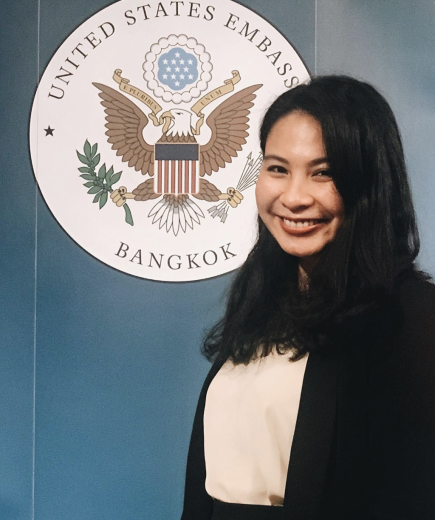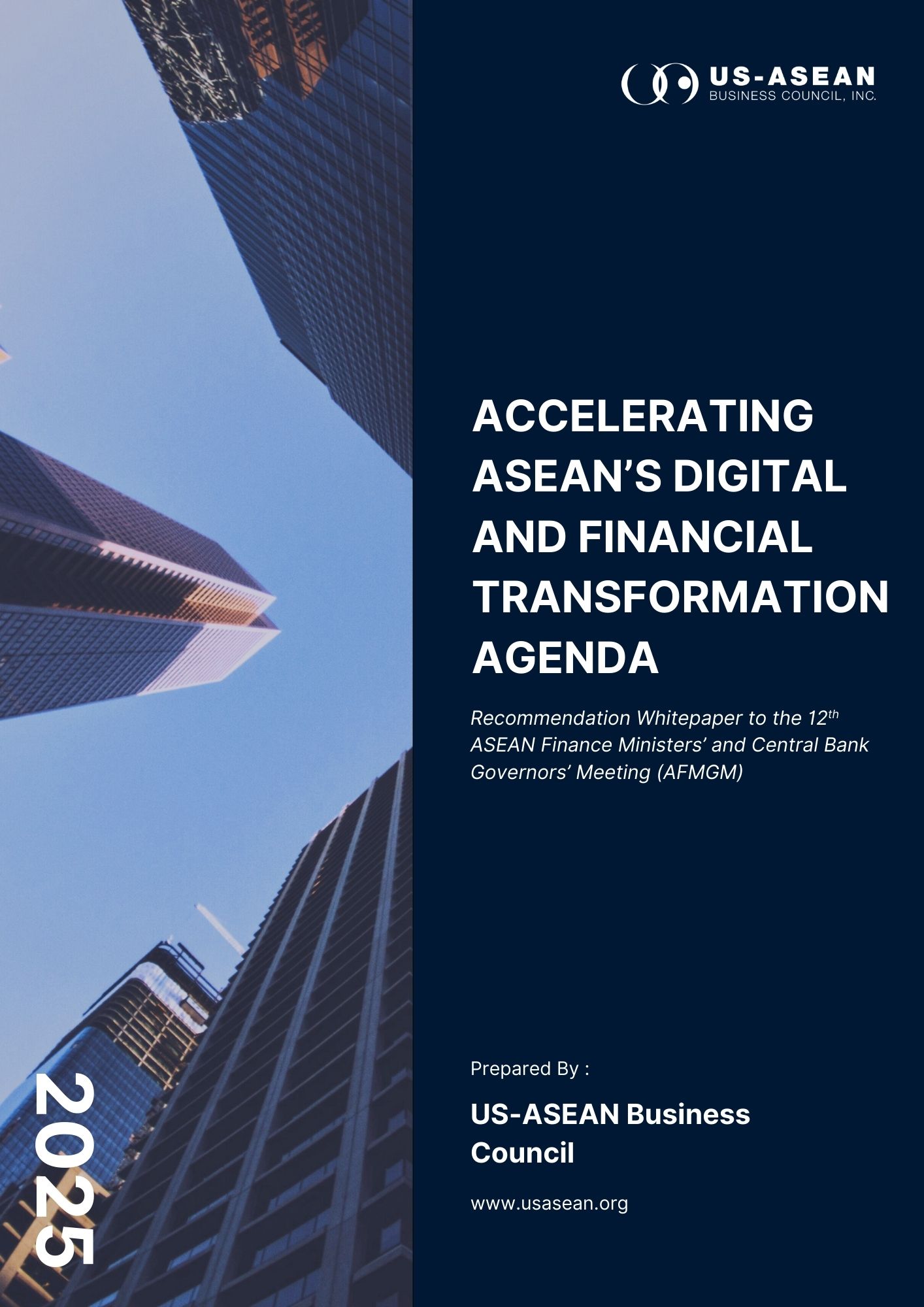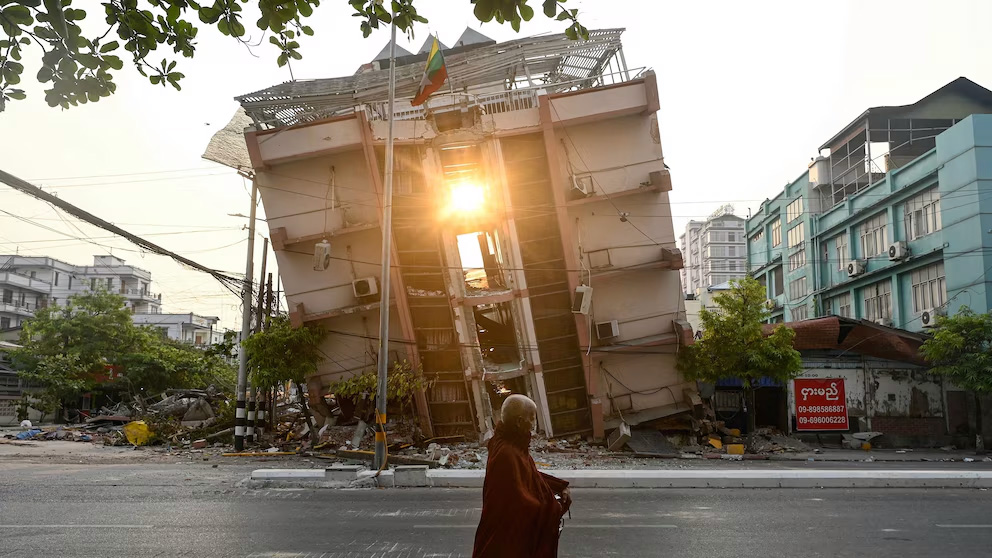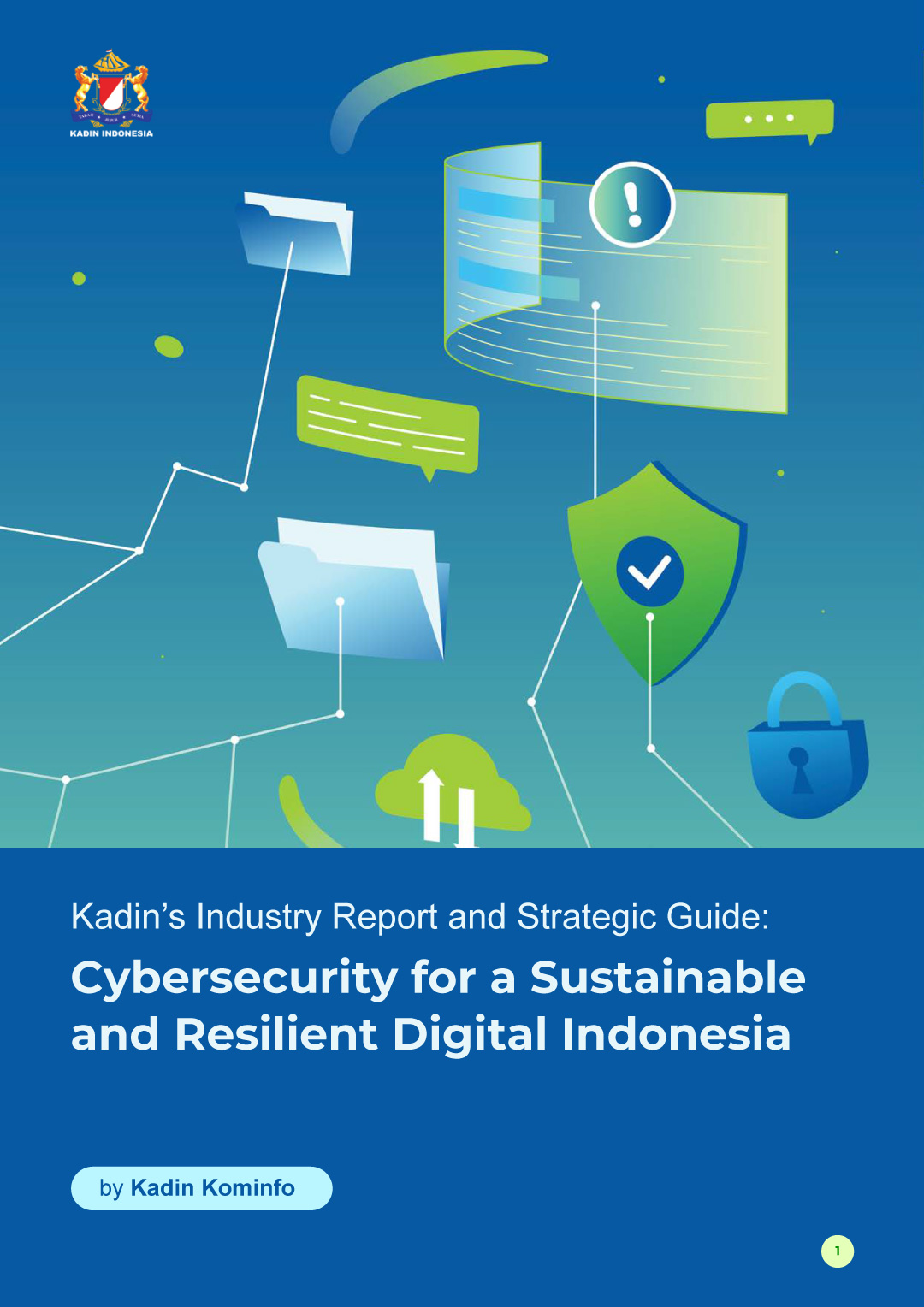Implications of Recent Court Decisions: The Ruling on Removal of Prime Minister Srettha Thavisin and the Dissolution of Thailand's Move Forward Party
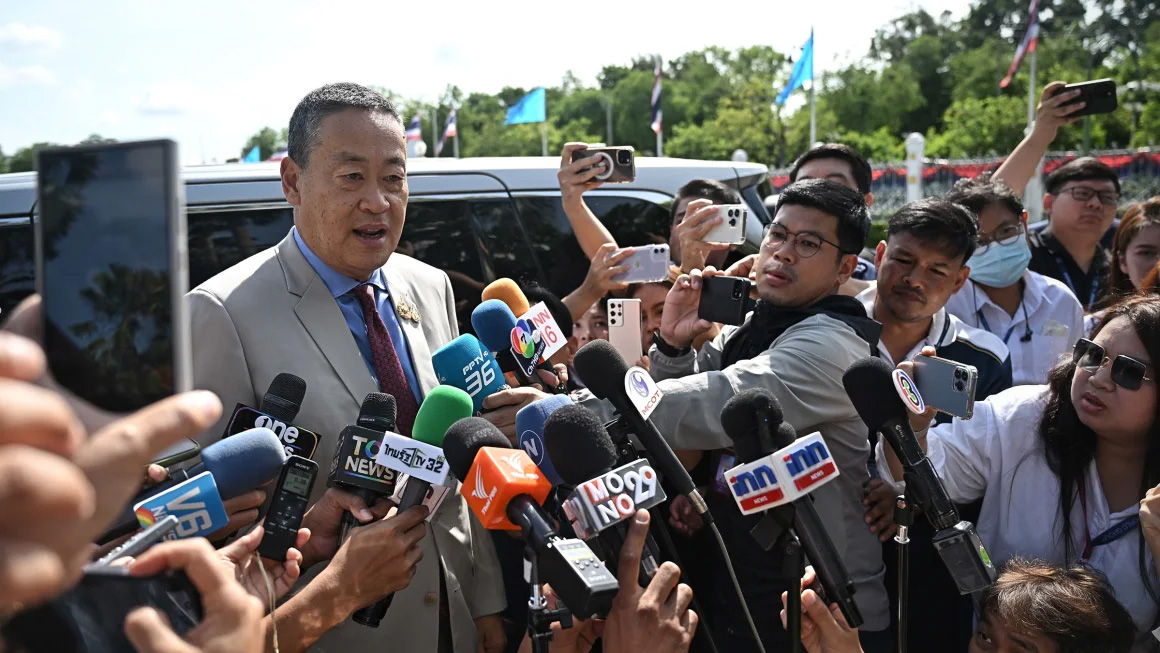
On August 14, 2024, Thailand's Constitution Court ruled to remove Prime Minister Srettha Thavisin from office. This verdict was reached after a group of 40 former senators accused Prime Minister Srettha of violating the Constitution and the code of ethics. They argued that by appointing Pichit Chuenban as a Prime Minister’s Office minister during the Cabinet reshuffle in April, Prime Minister Srettha ignored Pichit’s previous prison sentence and unjustly appointed an ineligible candidate to a Cabinet post.
The week prior, on August 7, the Constitutional Court disbanded the Move Forward Party in a unanimous vote. The party had continuously and seriously campaigned for the amendment of the lèse-majesté law. The nine judges ruled that the party posed a threat to the constitutional monarchy and, by extension, was guilty of jeopardizing national security.
These two recent rulings introduce new dynamics, deepening Thailand’s current political uncertainty.
The Removal of Prime Minister Srettha Thavisin
Background
Thailand’s Constitutional Court, in a 6-3 vote in May, accepted a petition by a group of senators seeking to remove Prime Minister Srettha Thavisin. The 40 senators said Prime Minister Srettha’s decision to appoint Pichit Chuenban as a cabinet minister was a serious violation of ethical standards under the constitution.
Pichit had been previously sentenced to six months in jail for attempting to bribe Supreme Court officials while representing former Prime Minister Thaksin Shinawatra during his corruption trial. The senators argued that Pichit lacked the qualifications to be appointed to a cabinet post. Pichit resigned from the ministerial position on May 21, and the Supreme Court announced it would not further scrutinize Pichit in the case.
Confident that the Prime Minister would be exonerated, his office has publicized his official business schedule for the second half of this year.
The Court Ruling
On August 14, a majority of five out of nine judges on the court voted to remove Prime Minister Srettha from office immediately, making his cabinet a caretaker government, pending the appointment of a new prime minister. The judges concluded that Prime Minister Srettha was “well aware that he appointed a person who seriously lacked moral integrity”
In their verdict, the judges stated that Prime Minister Srettha lacks clear integrity required under Article 170(4) and (5) of the Constitution. The judges further concluded that he does not meet the qualifications outlined in Article 160(4) and has engaged in conduct that severely violated the ethical standards mandated by Article 160(5).
Prime Minister Srettha, after the ruling, told reporters at the Government House that he respected the court’s decision, even though it was not what he had hoped for.
Next Step
With this decision, a new government needs to be formed, and the ruling Pheu Thai-led coalition is expected to nominate a new candidate for prime minister, which will be voted on by the 500-seat parliament.
For the time being, Thailand's cabinet will assume a caretaker role with Deputy Prime Minister and Commerce Minister Phumtham Wechayachai serving as acting Prime Minister.
Potential Prime Minister Candidates
According to public speculation and various news sources, several prominent figures have emerged as potential candidates to become he next Prime Minister of Thailand. They include:
- Paetongtarn Shinawatra, one of the leaders of the Pheu Thai Party and daughter of Thaksin Shinawatra
- Chaikasem Nitisiri, former Justice Minister
- Anutin Charnvirakul, Deputy Minister and Interior Minister, who also leads the Bhumjaithai Party, the second-largest partner in the coalition government
- Pirapan Salirathavibhaga, former Justice Minister and leader of the Thai Raksa Chart Party
- General Prawit Wongsuwan, former army chief and leader of the Palang Pracharat party
The Dissolution of the Move Forward Party
Background
The Move Forward Party (MFP), known for its progressive policies and strong stance on democratic reforms, emerged as a significant political force in Thailand. Formed as a successor to the Future Forward Party, the Move Forward Party, led by Pita Limjaroenrat, quickly gained popularity, especially among younger voters, due to its advocacy for human rights, economic equality, and political and economic reforms. The party’s policies included ambitious reforms such as decentralizing power, increasing transparency in government, and revising the lèse-majesté law, which criminalizes defamation of the monarchy.
In the 2023 General Elections, the Move Forward Party achieved a significant and historic victory by winning the most seats (151 out of 500 seats in the parliament’s lower house or 37.99%). This demonstrates a widespread public support for its policies and vision for Thailand’s future. However, the party was denied power when the parliament’s upper house rejected the endorsement of the party’s leader, Pita, as the prime ministerial candidate. Subsequently, Move Forward was excluded from the coalition with the now-governing Pheu Thai party and became the head of the opposition.
The Dissolution
On August 7, the nine-judge Constitutional Court disbanded the Move Forward Party in a unanimous vote, following the petition by the Election Commission of Thailand, citing several reasons for the dissolution of the Move Forward Party, including allegations of treason and attempts to undermine the monarchy through proposed reforms to the lèse-majesté law under Article 112 of the Thai Criminal Code. The court argued that these actions violated Thailand’s constitution and posed a threat to national security.
Apart from dissolving the Move Forward Party, the court also banned 11 party executives, who held positions between March 25, 2021 and January 31, 2024, including Pita Limjaroenrat, from running for elections or creating a new political party for 10 years. The party’s remaining 143 Members of Parliament (MP) have 60 days to join a new party or else they will lose their MP status.
Some argue that this decision is a repeat of history, when the then-Future Forward Party was dissolved in 2020 but later transformed itself into the Move Forward Party. That verdict sparked a new generation of student activists and ignited huge street protests.
Regroup under “the People’s Party”
Two days after the court order, the party announced that the surviving 143 MPs would regroup under a new party name: the People’s Party. The new party promised to advance the Move Forward Party’s progressive platform under the leadership of 37-year-old Natthaphong Ruengpanyawut. Natthaphong, a former executive of a cloud software company and a party member since 2019, said that the People’s Party will carry on the ideology of the Move Forward Party and aim to create a government for change in 2027. Nattaphong was previously Move Forward Party’s deputy secretary general, mainly responsible for the party’s digital policies. He has already affirmed the People’s Party’s intent to continue to push for the improvement and fixing of the lèse-majesté law.
Public Reactions
The court’s decision has been widely criticized both domestically and internationally. The State Department, in their press release, said that the “United States is deeply concerned” by the court’s ruling because the “decision disenfranchises the more than 14 million Thais who voted for the Move Forward party and … jeopardizes Thailand’s democratic progress and runs counter to the aspirations of the Thai people for a strong, democratic future.”
The European Union Spokesperson stated that “the decision by the Constitutional Court of Thailand to dissolve another major political party, the Move Forward Party, is a setback for political pluralism in Thailand…. No democratic system can function without a plurality of parties and candidates. Any limitation on the exercise of free association and expression, in particular through the activities and formation of political parties, must be consistent with relevant provisions and principles of international instruments, including the International Covenant on Civil and Political Rights”
The Impact
Political instability can negatively impact Thailand’s economic performance and investor confidence, both domestically and internationally, in the near term and long run. Thailand’s attractiveness as an investment destination may be compromised, leading investors to seek alternative locations with more stable and predictable political environments. Such a shift could benefit competing nations in the region and affect important sectors in Thailand, such as tourism, manufacturing, and services.
The dissolution of the Move Forward Party and the removal of Prime Minister Srettha introduced new dynamics to Thailand’s political landscape, though some argue it mirrors past occurrences in the country’s history. A new prime minister will have to be elected in the House and there could be a realignment of the coalition.


